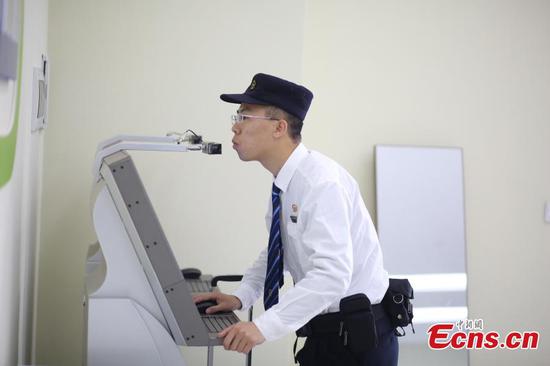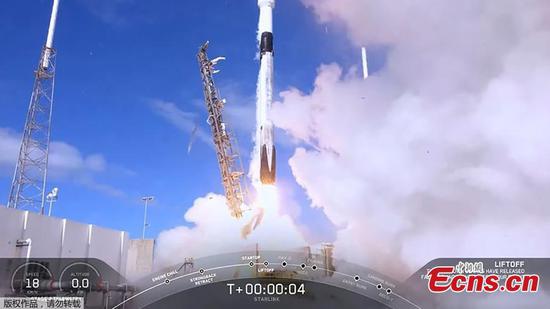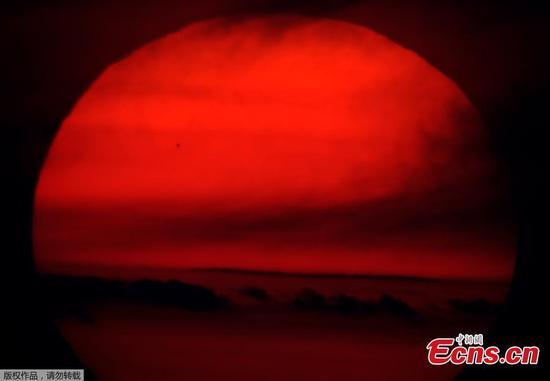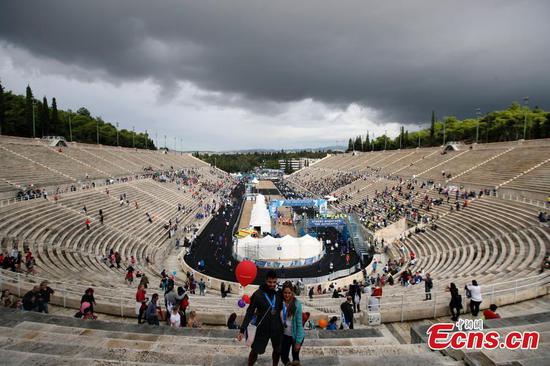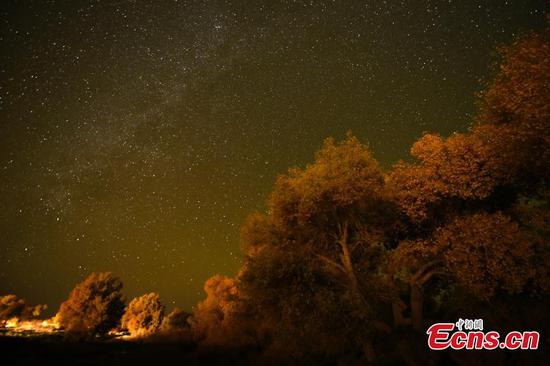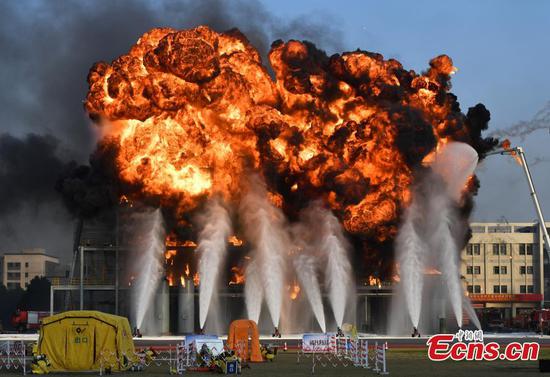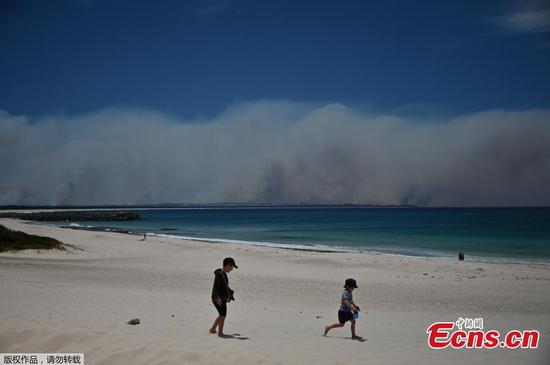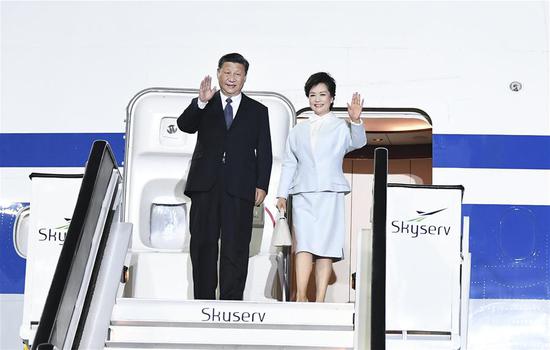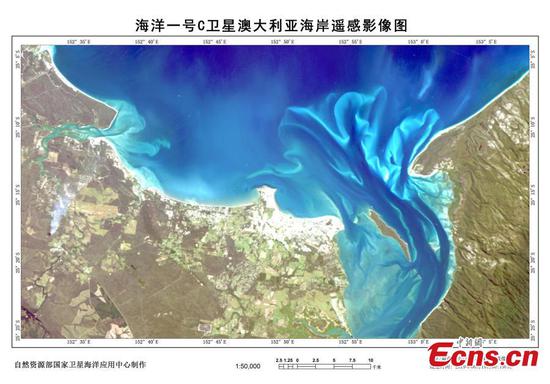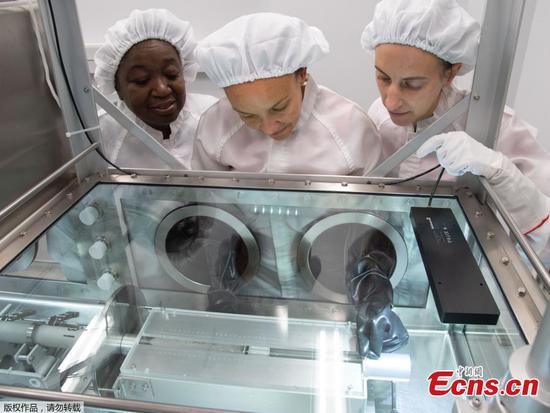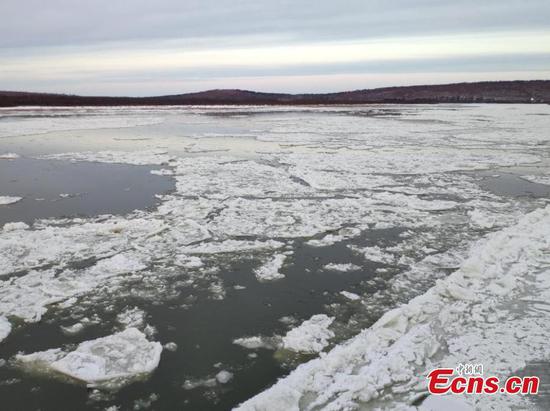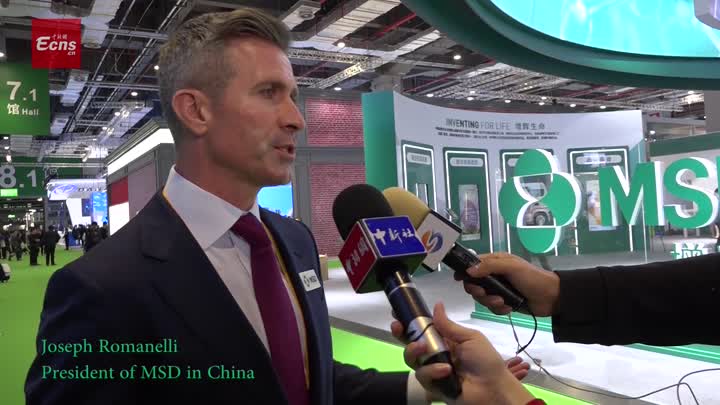Acting White House Chief of Staff Mick Mulvaney will not appear for a deposition requested by House Democrats undertaking the impeachment inquiry into President Donald Trump, the official's lawyers said in a court filing Tuesday.
Mulvaney is also dropping prior plans to file a lawsuit asking a federal judge's decision whether he should testify before Congress, the lawyers said.
"Mr. Mulvaney does not intend to pursue litigation regarding the deposition subpoena issued to him by the U.S. House of Representatives. Rather, he will rely on the direction of the President, as supported by an opinion of the Office of Legal Counsel of the U.S. Department of Justice, in not appearing for the relevant deposition," the lawyers said in the court filing.
Mulvaney was subpoenaed by the House Intelligence Committee for a deposition on Nov. 8, but the hearing turned out to be a no-show. The official, also via his lawyers, announced the intended legal action Monday.
A controversial figure in the Trump administration's dealings with Ukraine that triggered the impeachment inquiry, Mulvaney is believed by House investigators who issued the subpoena to "possess substantial first-hand knowledge and information relevant to the House's impeachment inquiry."
At the center of the controversy is Mulvaney's role in the episodes surrounding Trump's order to withhold some 400 million U.S. dollars in congressionally approved military aid from Ukraine.
During a televised news briefing at the White House in October, Mulvaney, who reportedly passed the aid suspension directive on to other administration officials, appeared to have confirmed a reporter's characterization of a quid pro quo between Trump and Ukrainian President Volodymyr Zelensky.
He said at the briefing that Trump's request for an investigation from Zelensky into the hacking of a computer server used by the Democratic National Committee in the 2016 U.S. election stemmed from the president's worries about corruption in Ukraine.
Mulvaney has since been trying to walk back from his statement, claiming that his language "never said quid pro quo."
Trump made the request in a July 25 phone call with Zelensky, during which he said he believed Ukraine has the server and asked Zelensky to "do us a favor" by finding out what happened, according to a rough transcript of the call released by the White House. The president denied having solicited quid pro quo from his Ukrainian counterpart.
Mulvaney has not complied with congressional demand for documents requested in early October. His latest decision not to cooperate with impeachment investigators came as the House Intelligence Committee is scheduled to start public hearings Wednesday, which marks a shift in the impeachment proceedings from the previous phase dominated by closed-door depositions.










